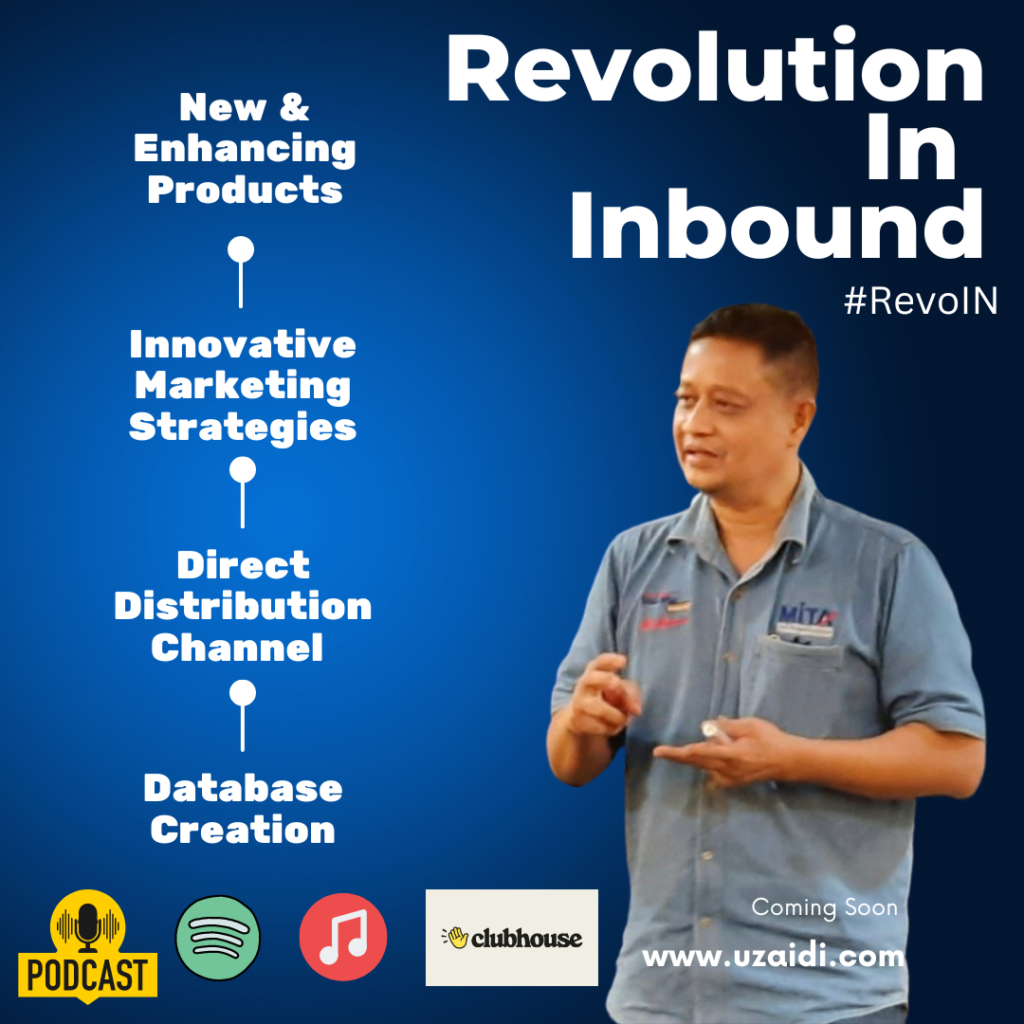Why SPA TOURISM is important to inbound tourism business?

Spa tourism is an important subcategory of inbound tourism, as it can be a significant source of revenue and employment for local communities. Some of the reasons why spa tourism is important to inbound tourism businesses include:
- High demand: There is strong demand for spa tourism, as many people are seeking relaxation and rejuvenation when they travel. This can make it an attractive option for inbound tourism businesses looking to tap into this market.
- Strong repeat business: Many people who enjoy spa treatments tend to return to the same locations for future treatments, which can lead to strong repeat business for inbound tourism businesses.
- Positive impact on local communities: Spa tourism can have a positive impact on local communities, as it can create employment opportunities and bring economic benefits to the area. This can make it an attractive option for inbound tourism businesses looking to support local communities and contribute to sustainable tourism practices.
- High value: Spa tourism can be a high-value product, as people are often willing to pay a premium for quality spa treatments and amenities. This can help inbound tourism businesses generate significant revenues from this market.
Malaysia has its own SPA SIGNATURES called URUTAN MALAYSIA . Urutan Malaysia is a combination of finest elements from Malay and various indigenous massage techniques, Malaysian Herbal Foot Soak, Chinese Qi Gong Breathing, Indian Head Massage and Reflexology. To heighten the five senses of sight, smell, sound, taste and touch. We hope all Malaysian Travel Agents promote URUTAN MALAYSIA .
Overall, spa tourism is an important subcategory of inbound tourism that can be a significant source of revenue and employment for local communities. It is driven by high demand, strong repeat business, and the potential for positive impacts on local communities, as well as the high value of spa treatments and amenities.




